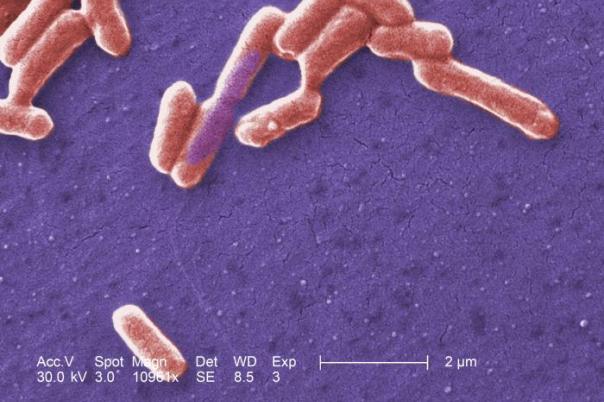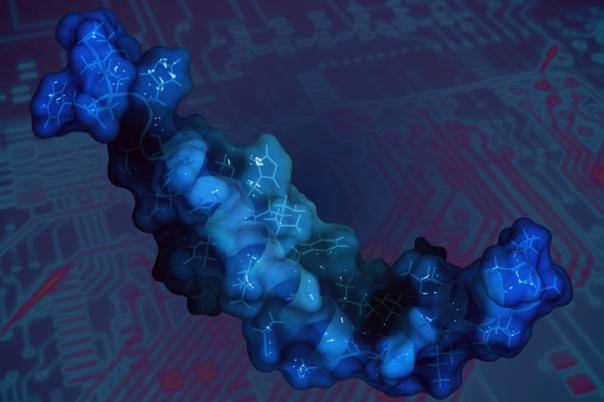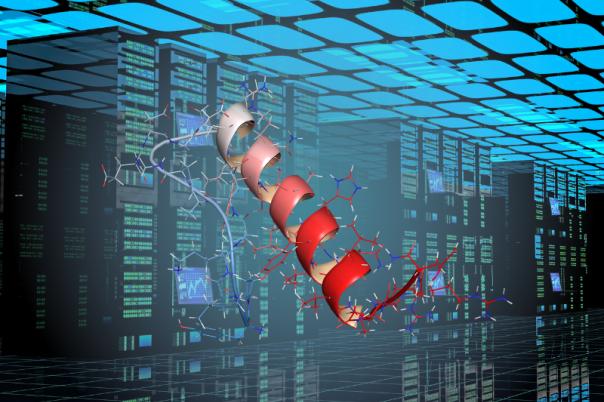There is an exponential growth in the number of peptide drugs reaching the market which has led the biopharma industry to examine the environmental burden of peptide production. Paul Richardson, Director of Analytical Synthesis Technologies at Pfizer highlighted the importance of benchmarking synthetic peptide sustainability.
Richardson explained that peptide synthesis has not changed much over the last 50 years. With the solid phase synthesis, there is no continuous purification at separate stages, so purification is conducted at the end which is complicated and involves chromatography and an isolation step. At an industrial scale, polystyrene linkers are used but the process is not ‘atom economical’. The atom economy refers to the number of atoms at the start of a product versus at the end.
In solid-phase synthesis, scientists may use a huge excess of reagent to push their reactions to completion, generating a high volume of waste but improving yield. The solvents used for peptide synthesis are particularly harmful; DMF (dimethylformamide) is a substance of high concern and is restricted in the EU under the REACH guidelines. However, DMF’s high degree of solubility for amino acid synthons and other reagents makes it a valuable solvent that is hard to replace.
Richardson added: “It (DMF) is ideal for the chemistry in terms of its polarity and viscosity. You can do couplings in less than an hour, and deprotections in less than 30 minutes. You want the chemistry to go as quickly as possible, and you see negligible racemization of the peptide amino acids or the amino acid synthons.”
The mixed/combined solvents approach has been suggested as an alternative option to DMF with many industry leaders working in this space. Yet combining solvents also presents supply chain challenges because it requires changing processes that are already in place. Piperidine is most commonly used for the deprotection of Fmoc groups but researchers are searching for alternatives since piperidine is a controlled substance. Richardson also discussed the transition to liquid-phase or hybrid peptide synthesis, methods and advancements in purification techniques such as supercritical fluid chromatography.
Peptide synthesis has a high environmental impact and peptides have a significantly higher process mass intensity (PMI) compared to small molecules and biologics, as a result of DMF and water usage. However. Liquid-phase synthesis shows better PMI trends, resembling small molecule production. Richardson also mentioned that despite high PMI, the lower dosage requirements for peptides reduce waste on a per-patient basis.






